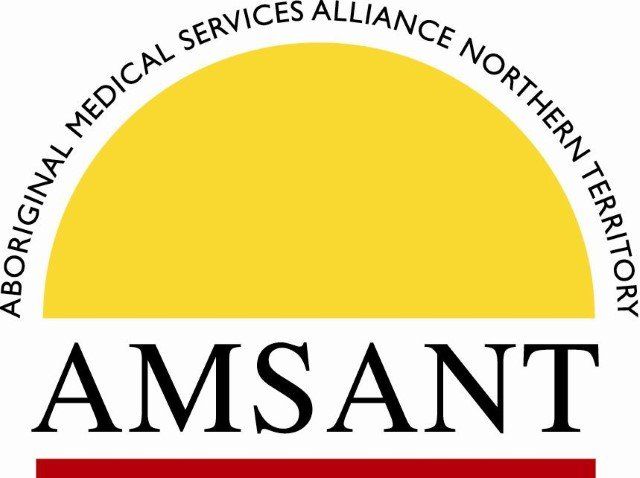FAQ: Accessing Employee Assistance Programs (EAP)
Did you know that your workplace may have access to an EAP to support your mental health and wellbeing?

An Employee Assistance Program (EAP) is designed to help employees manage issues that may affect their performance at work or overall wellbeing. These programs offer confidential counselling services and resources that aim to improve an employees' social and emotional wellbeing.
Reaching out and using an EAP might leave some people feeling nervous or unsure of what to expect. We might even be reluctant to look into it in fear of being seen in a certain way.
To support you on your journey, we've put together this list of frequently asked questions about accessing supports from an EAP.
How can I tell if I my mental health and wellbeing has changed?
When we're experiencing a mental health problem, there's a range of warning signs that we might notice in ourselves, including:
- consistent tiredness
- increased heart rate
- change in appetite (eating more or less food)
- not wanting to talk to others
- feelings of worry or sadness
- being unable to relax
- not motivated to do things
These signs will look different for everyone as people respond to situations differently. It's important to seek help early.
Where do I start?
Visit siteInformation about these programs are often stored in a centralised location where other policies and procedures can be accessed. Your workplace may also have posters in common areas or flyers for staff members to take with them.
Some EAP providers allow you to book appointments over the phone, through an online link or even through text messages, so you can communicate with them in a way that suits you.
During your first interaction with an EAP provider, they might ask for some basic details like your name, address and best contact detail. They may also ask about what you might be needing support with.
For anyone in the NT Public Service, visit this website from the Office of the Commissioner for Public Employment.
It contains a list of providers that you can choose to receive support from under the EAP.
Does it cost anything?
Short term support through an EAP is usually covered by the workplace and is also accessible to your immediate family members (including partners and dependants).
If additional sessions are required outside of the agreed number, your workplace may agree to cover the cost for additional sessions.
Do I need to let people know that I'm getting support through EAP?
Although you have the option to, you do not need to tell anyone if you don't want to. You may need to advise your line manager that you'll be unavailable on a certain day, much like you would for other medical appointments.
You might consider letting people that you trust know, as it creates another support system for you on your mental health journey.












